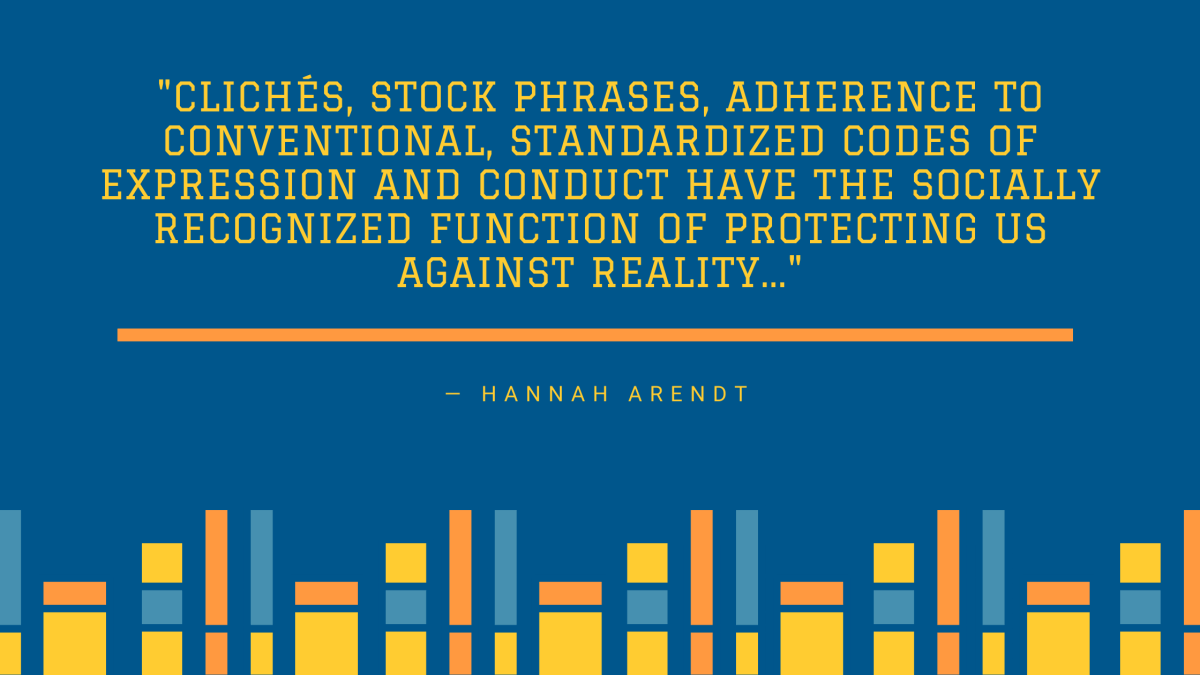Before you shoot your manuscript off to the press, you need to do one thing.
Read the book, your book, a few times. Many writers are hesitant to do this. You might remember an old-fashioned teacher asking you to read your paper once before submitting. You may have never followed this advice, but it makes sense to read your manuscript at least once before sending it to a publisher or literary agent for review and also before you self-publish.

Why should you self-edit?
Self-editing could help you make important connections that could improve the story.
You could catch a few unnecessary typos, repetitions and grammatical errors.
Since your story benefits from the extra read, do it!
If you find reading from the computer hard, you can take a print out and read. Otherwise, the computer is a good option as you can track changes and go back to the original if you wish.
What should you be looking for in your book?
Once you’ve written the book, and left it alone for a while, you can go back to it and check for plot problems, inconsistencies, anachronisms, etc.
You can separately look for grammar issues, typos, and punctuation. A simple spell check can save your manuscript from loads of mistakes.
Are you using big words just because they make the manuscript look more sophisticated? If the word makes no sense, remove it even if it is a big word and makes you look smart.
Entrust a couple of beta-readers to fill you in on different aspects of the book to give you a perspective of any areas of the book you might need to rework.
Before sending your book to an editor, you need to make sure that your copy is readable. If you can’t read it, nobody can.
Don’t hesitate to take professional help if your manuscript requires it. A fresh eye can do wonders for your manuscript.
Some links that can help you with self-editing:
http://www.jerryjenkins.com/self-editing/
http://amandashofner.com/5-tips-self-edit-novel-effectively/
http://thewritelife.com/self-editing-basics/





